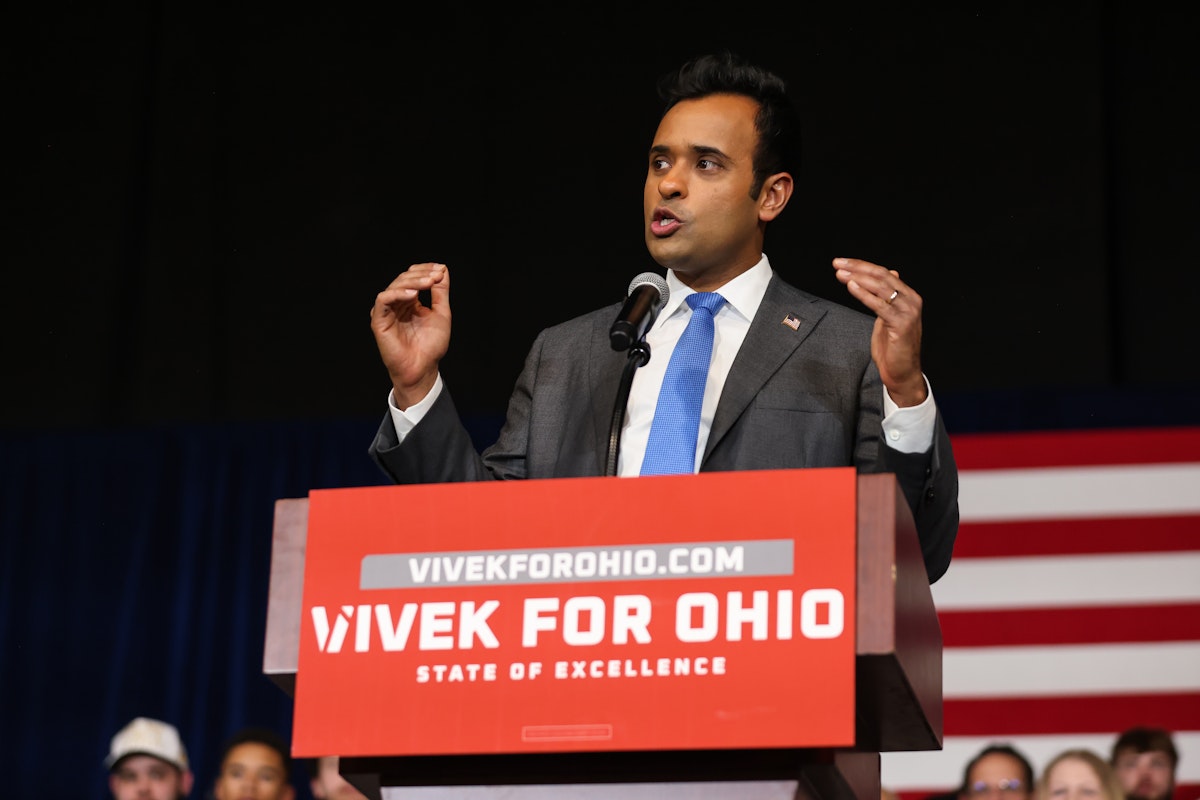Is Vivek Ramaswamy's Latest Idea Truly the Worst Yet? A Deep Dive into the Controversy
Vivek Ramaswamy, the Republican presidential candidate known for his unconventional and often controversial stances, has once again ignited a firestorm of debate. His latest proposal, [insert specific proposal here – e.g., a plan to dissolve the Department of Education], is being widely criticized as impractical, damaging, and even dangerous. But is it truly the worst idea he's put forward so far? Let's delve into the specifics and analyze the broader implications of his increasingly bold policy positions.
Understanding Ramaswamy's Proposal: A Detailed Look
[Clearly explain Ramaswamy's proposal here in detail. Use bullet points to highlight key aspects. Be objective and avoid loaded language. For example:]
- The Core Argument: Ramaswamy argues that [explain his core argument for the proposal, e.g., the Department of Education is ineffective, overly bureaucratic, and stifles local control over education].
- Proposed Solutions: He suggests [explain his suggested solutions, e.g., returning educational control to states and local communities].
- Potential Benefits (according to Ramaswamy): [List the purported benefits as stated by Ramaswamy, e.g., increased local autonomy, improved educational outcomes, reduced federal overreach].
The Backlash: Critics Weigh In
Ramaswamy's proposal has faced intense scrutiny from various political corners. Critics argue that [summarize the main criticisms, e.g., dissolving the Department of Education would lead to chaos in the education system, exacerbate educational inequalities, and potentially harm vulnerable student populations].
- Concerns about funding: Many fear the loss of federal funding and support for crucial educational programs.
- Impact on standardized testing: Critics point to the potential negative consequences for standardized testing and accountability.
- Equity issues: The potential for increased disparities in educational opportunities across states is a major concern.
Comparing to Past Proposals: Is This Really the "Worst"?
While this latest proposal is undoubtedly controversial, it's important to put it in context. Ramaswamy has a history of making headlines with bold and often contentious statements. [Provide examples of previous controversial proposals, briefly explaining each and linking to relevant news articles. For example: "His previous stance on climate change denial drew significant criticism..." Link to a relevant news article].
Considering his previous statements, is this current proposal truly the worst? That's a subjective question, depending on individual priorities and values. However, the potential consequences of this particular proposal are significant and warrant careful consideration.
The Broader Implications: Beyond the Headlines
This debate extends beyond the specifics of the proposal. It highlights larger questions about the role of the federal government in education, the balance between local control and national standards, and the importance of equitable access to quality education for all Americans.
- The Future of Education Reform: Ramaswamy's proposal forces a crucial conversation about the effectiveness of current educational policies and potential pathways for reform.
- The Political Landscape: This controversy underscores the polarization of the current political climate and the sharp divisions surrounding education policy.
Conclusion: A Call for Informed Discussion
Whether or not Ramaswamy's latest idea is the "worst" is a matter of opinion. However, its potential ramifications are significant and demand a thoughtful and informed discussion. This necessitates a thorough understanding of the proposal's details, its potential benefits and drawbacks, and the broader context of education policy in the United States. We encourage readers to engage in respectful dialogue and consider all perspectives before forming their own conclusions.
Keywords: Vivek Ramaswamy, Republican presidential candidate, Department of Education, education reform, controversial proposal, political debate, education policy, US politics, [add other relevant keywords]
Note: Remember to replace the bracketed information with accurate and specific details about Ramaswamy's actual proposal. Also, ensure you include links to relevant news sources and reputable organizations to support your claims. Thorough research is essential for creating credible and SEO-optimized content.
